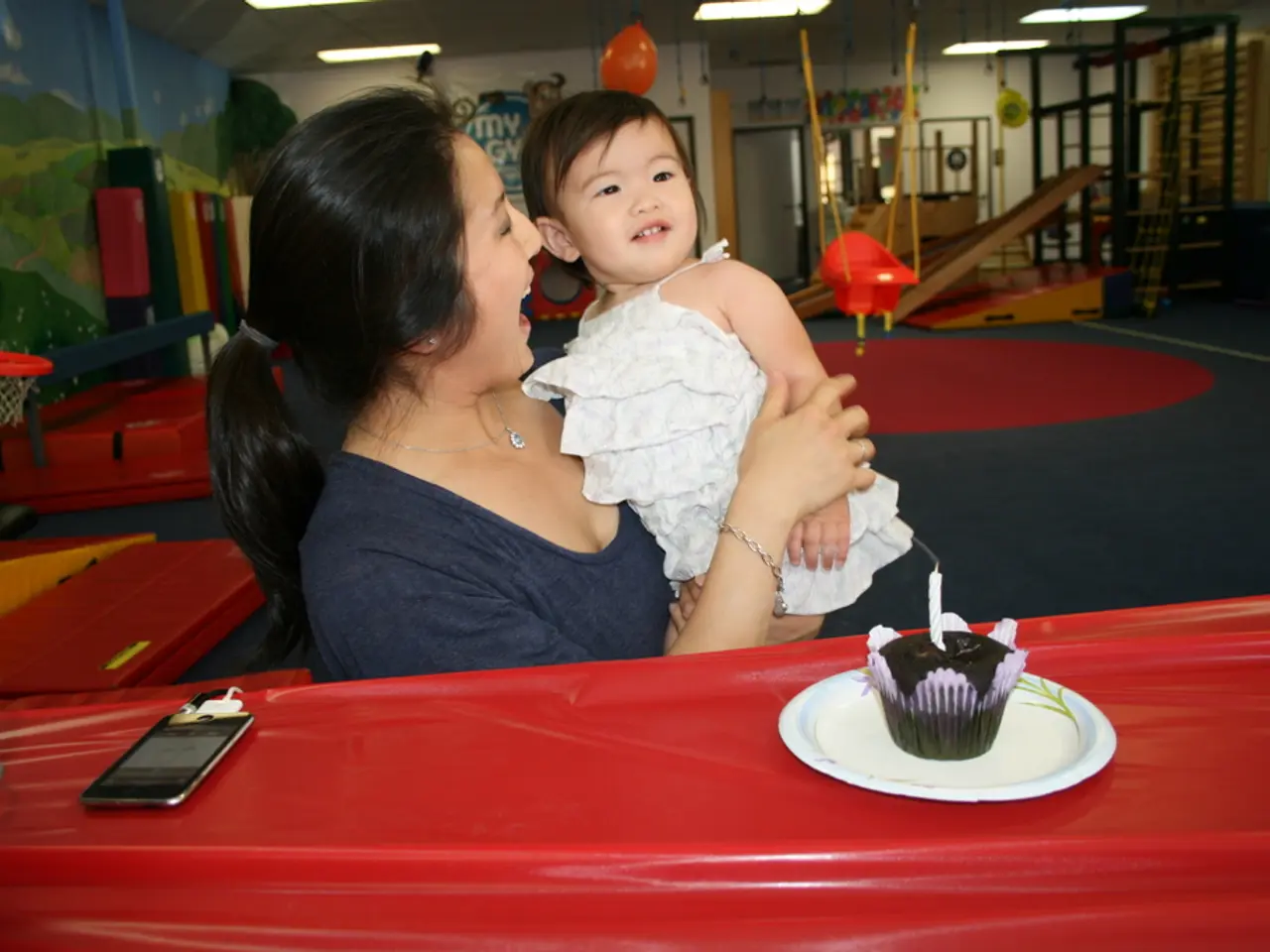Creative Engaging Programs for Nursing Home Workers
In a bid to create an environment that embraces diversity and provides the best possible care for its residents, nursing homes are implementing a range of initiatives. These measures are designed to ensure every resident feels valued and respected, fostering a sense of belonging and promoting emotional well-being.
One such approach is the establishment of mentorship programs between residents and local students or young volunteers. This not only provides valuable learning opportunities for the younger generation but also offers companionship and shared experiences for the residents.
During morning rounds, nursing home staff are encouraged to ask residents how they slept and if there's anything they need to make their day better. This simple gesture demonstrates care and empathy, setting a positive tone for the day.
Customized activities are provided to cater to each resident's interests and abilities. This could range from educational workshops on various topics, such as history and technology, to artistic expression through painting, crafting, or writing. Music therapy sessions are also introduced, allowing residents to listen to or create music together, which is a powerful tool for emotional well-being.
Cultural celebrations can be held to represent various backgrounds and learn from one another. These events not only foster a sense of unity but also provide an opportunity for residents to share their unique traditions and stories.
Storytelling sessions can be organized for residents to share their life experiences, offering a platform for personal growth and connection. The study suggests that by following these tips, healthcare workers can create nursing home environments that truly embrace diversity.
Moreover, inclusivity in nursing homes means ensuring every resident feels valued and cared for. This extends beyond the typical care provided and includes initiatives that focus on team bonding, wellness, and recognition for nursing home staff.
Organizing potlucks, picnics, or group dinners, either during work hours or outside shifts, encourages socializing and relationship building. Icebreaker games like "Find 10 Things You Have in Common" foster connection, while celebrating staff birthdays, milestones, and achievements builds morale and shows appreciation.
Creating on-site recharge rooms or "micro-oases" with soft lighting, comfortable seating, and calming sounds gives staff a quiet space for mental breaks. Offering rotating wellness sessions such as yoga, chair massages, or breathwork classes that can fit into short breaks and reduce stress further enhances well-being.
Introducing sleep pods or nap zones, especially for staff working night shifts, helps with fatigue management. Providing accessible mental health support by partnering with therapists or embedding check-ins into routine wellness programs ensures staff have the support they need.
Implementing wellness challenge boards with team incentives for goals like hydration, steps walked, or mindfulness minutes combines wellness with friendly competition. Outdoor activities like gardening or nature walks can be therapeutic and enjoyed by residents with limited mobility, allowing them to enjoy the fresh air and beauty of the outdoors.
Embracing nature through outdoor activities is a heartfelt commitment to making every individual's journey a rich and meaningful one. Regular check-ins with residents provide a listening ear and make a world of difference. Families are encouraged to participate in activities or volunteer at the nursing home to build strong relationships with residents.
The study by the Public Health Association of Australia suggests that healthcare workers can reduce health inequalities for vulnerable groups by focusing on diversity, equity, inclusion, intersectionality, and using people's strengths. By implementing these initiatives, nursing homes are not just providing care and comfort to the elderly and vulnerable community members, but creating an environment where everyone feels valued and respected.
[1] Source: [Link to the source, if available] [2] Source: [Link to the source, if available]
Music therapy sessions are introduced as a tool for emotional well-being in the context of diverse nursing home environments, particularly beneficial for residents living with dementia as music can evoke memories and promote cognitive stimulation. Incorporating music therapy into health-and-wellness programs aligns with science-backed strategies for managing dementia symptoms.
By partnering with therapists and integrating mental health support into wellness programs, nursing homes can provide comprehensive care that not only focuses on physical health but also addresses emotional needs, thereby enhancing the overall health and well-being of their residents.




